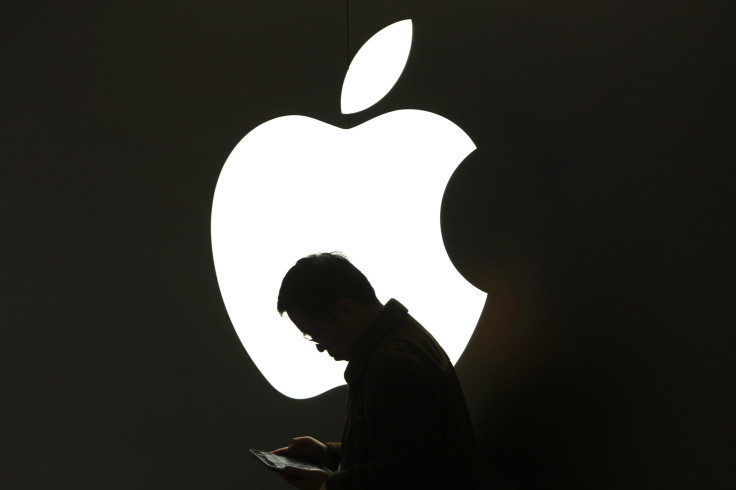Apple iPhone 5 Facing Speech Recognition Patent Infringement Suit

Apple Inc. (NASDAQ:AAPL) is facing a lawsuit regarding its use of speech recognition technology.
Court documents filed the weekend of July 18 by Texas-based Cedatech Holdings LLC allege Apple infringes on Cedatech’s 2010 patent No. 7,707,591, titled “Integration of Audio or Video Program with Application Program.”
Cedatech argues the Cupertino, California, tech titan infringes on its patent by “making using, selling and offering to sell its electronic devices.”
“These Apple products, among other infringing features, provide the capability to integrate an audio or video program with a separate application program,” Cedatech added.
Among the products used as an example in the lawsuit is the iPhone 5, which first released in 2012.
Patent litigation firm Tiburon Intellectual Property, which filed the lawsuit on behalf of Cedatech Holdings, may have mixed up part of their filing with one filed against Taiwanese smartphone maker HTC Corp. (TPE:2498), Patently Apple reported.
An excerpt of the patent infringement lawsuit filing against Apple:
"Award Cedatech all damages to which it is entitled under 35 U.S.C. § 284 resulting from HTC's infringement, and ordering a full accounting of all damages adequate to compensate Cedatech for the infringement of its patent rights."
According to Justia, Cedatech Holdings is involved in simultaneous lawsuits with Dell and HTC.
The patent was originally issued in 2010 to Fremont, California’s Talkway Inc. It was later acquired by Cedatech Holdings LLC, resulting in the current infringement lawsuit.
In July, Apple also lost a patent lawsuit in China over its Siri speech-recognition technology, but the tech titan said it would appeal the decision.
The U.S. Supreme Court ruled in June software based on an abstract idea no longer qualifies for a patent. While the ruling doesn’t invalidate all software patents, it places additional obstacles for patent trolls, or companies that use patents to squeeze royalties out of alleged infringers without actually manufacturing or providing any services with said patents.
© Copyright IBTimes 2025. All rights reserved.




















